
Amla Fruit
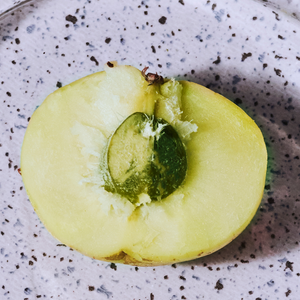
Amla Fruit
Phyllanthus emblica

Andrographis

Andrographis
Andrographis paniculata

Anise
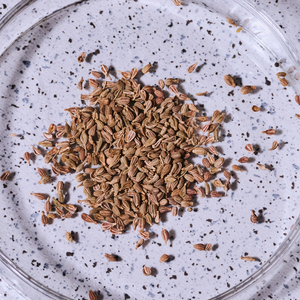
Anise
Pimpinella anisum

Artichoke Leaf
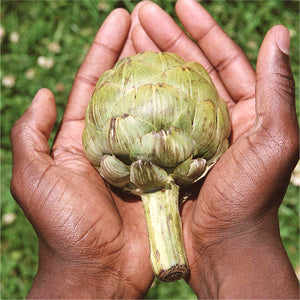
Artichoke Leaf
Cynara cardunculus

Boswellia
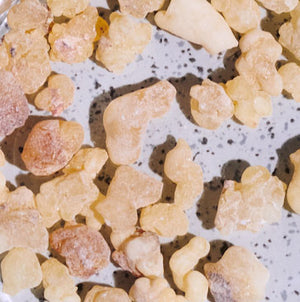
Boswellia
Boswellia serrata

Butterbur
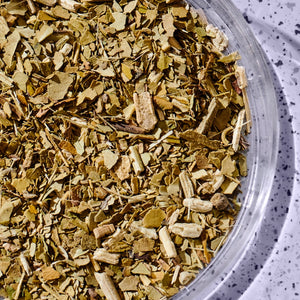
Butterbur
Petasites

Camu Camu (Vitamin C)
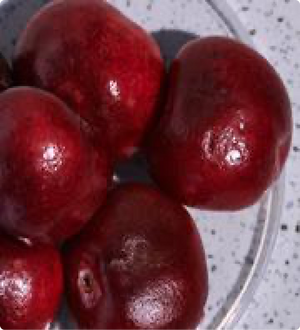
Camu Camu (Vitamin C)

Caraway
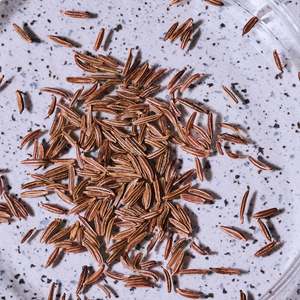
Caraway
Carum carvi

Chamomile
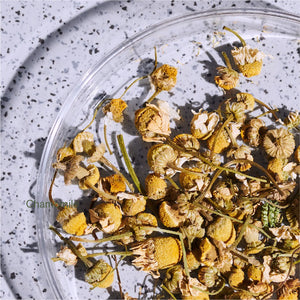
Chamomile
Matricaria chamomilla

Coconut Water

Coconut Water
Cocos nucifera

Dandelion Root
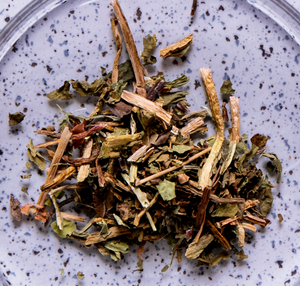
Dandelion Root

Echinacea

Echinacea
Echinacea purpurea

Elderberry
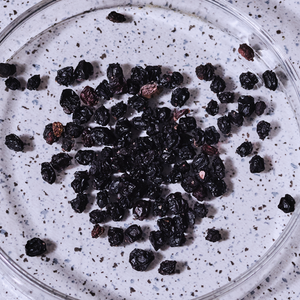
Elderberry
Sambucus nigra

Fennel
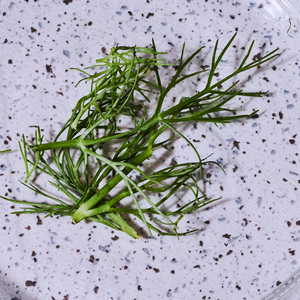
Fennel
Foeniculum vulgare

Feverfew
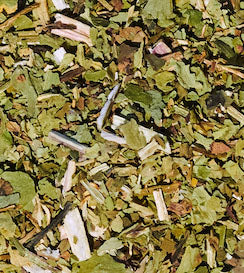
Feverfew
Tanacetum parthenium

Ginger

Ginger
Ginger is a powerful herb that has been used for centuries to calm the digestive tract and support the immune system.
The most frequent use of ginger is for symptoms of upset stomach, occasional acid reflux and heartburn, general nausea and vomiting. Several controlled studies have reported that ginger is effective as an antiemetic—meaning it alleviates nausea.
Ginger has also been recommended as an expectorant (clearing mucus and often used to relieve coughs) and it is traditionally used in teas or soups to treat colds or bronchitis. When mixed with hot or cold water, it can exhibit its anti-inflammatory properties as well and help soothe your coughing and general inflammation.

Goji Berry
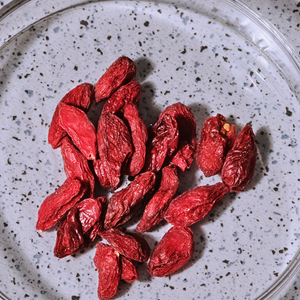
Goji Berry
Lycium barbarum

Ivy Leaf Extract
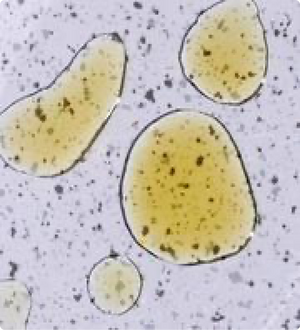
Ivy Leaf Extract
Hedera helix

L-Theanine
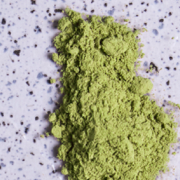
L-Theanine
n/a

Lactase
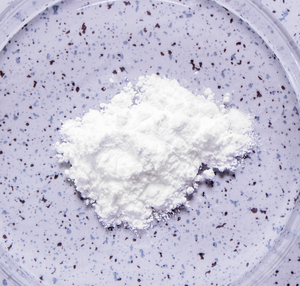
Lactase

Lemon Balm
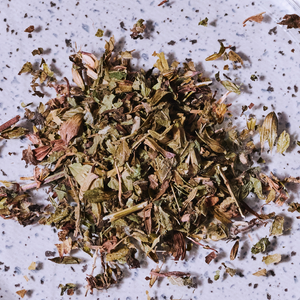
Lemon Balm
Melissa officinalis

Licorice (DGL) Extract
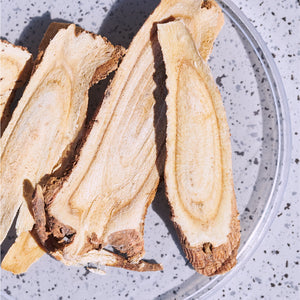
Licorice (DGL) Extract
Osmorhiza
In traditional use, Licorice has been used more broadly for hormonal issues, gut and throat issues, respiratory support, and fatigue. However, Licorice shines in particular for soothing inflammation in the digestive tract and suppressing acid.
Deglycyrrhizinated (DGL) Licorice has been well-studied to promote digestive comfort. DGL means that the glycyrrhizin has been removed, which makes it safe to consume. Scientific investigation into the mechanism of DGL shows that it is an antispasmodic (i.e, helps to relax the intestinal wall) to provide relief of indigestion symptoms, while it also repairs the mucosal lining of the digestive tract to promote its overall integrity.

Lipase
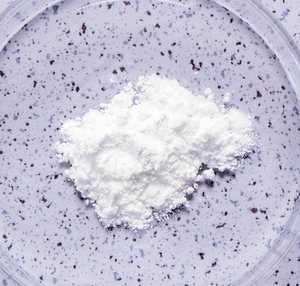
Lipase

Magnesium Glycinate

Magnesium Glycinate

Marine Algae
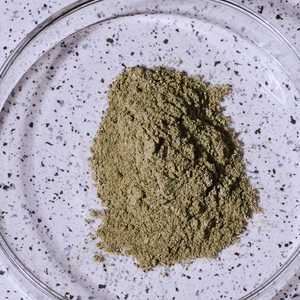
Marine Algae

Marshmallow Root
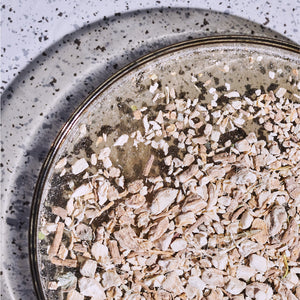
Marshmallow Root
Althaea

Nettles
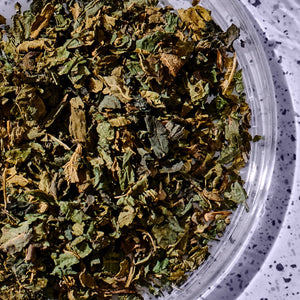
Nettles
Urtica dioica

Passionflower
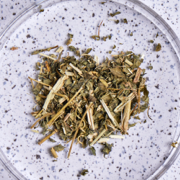
Passionflower
Passiflora incarnata

Peppermint Leaf
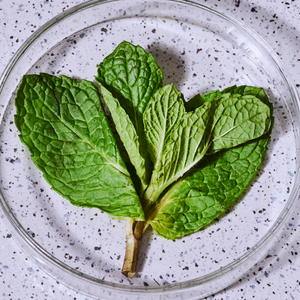
Peppermint Leaf
Mentha piperita

Peptidase
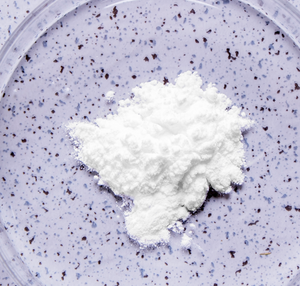
Peptidase

Protease
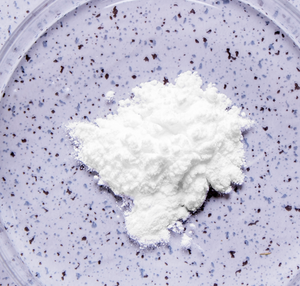
Protease

Reishi Mushroom
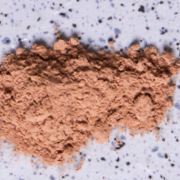
Reishi Mushroom
Ganoderma lingzhi

Saccharomyces
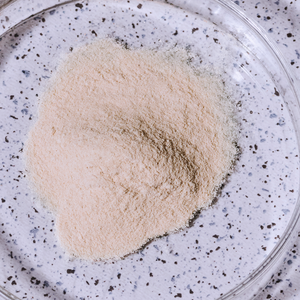
Saccharomyces

Skullcap
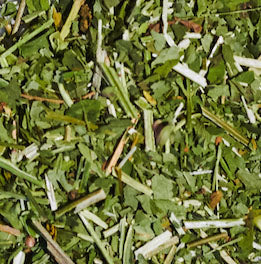
Skullcap
Scutellaria

Spirulina

Spirulina
Arthrospira platensis
When it comes to sinus health and things like seasonal allergies, Spirulina is an excellent source of antioxidants, and has inflammation fighting properties. It has has also been found to reduce nasal inflammation — which can minimize allergy symptoms.

Thyme
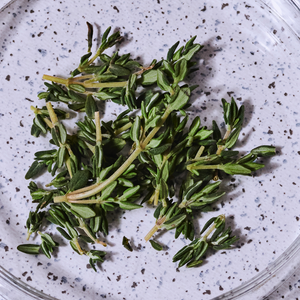
Thyme
Thymus vulgaris

Tinospora
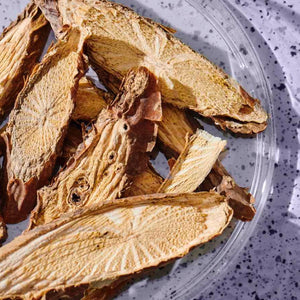
Tinospora
Tinospora cordifolia

Turmeric
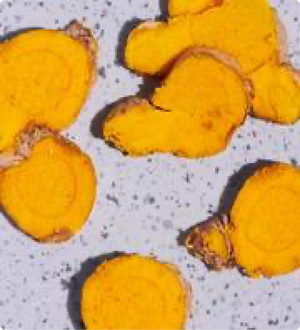
Turmeric
Curcuma longa

White Willow Bark
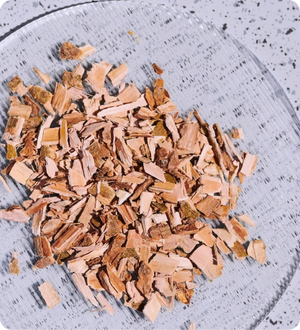
White Willow Bark
Salix alba

Zinc
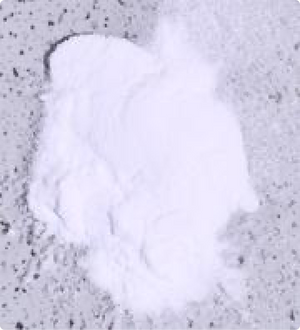
Zinc
Zincum
Zinc is an essential mineral that has been found to support immune health through a number of preclinical and clinical studies. Being classified as an 'essential mineral' means that we need it in our diets to stay healthy.
Zinc plays a role in many bodily functions including immunity, cell division, the reproductive system, and cognitive development. It is most commonly used to support immune health.